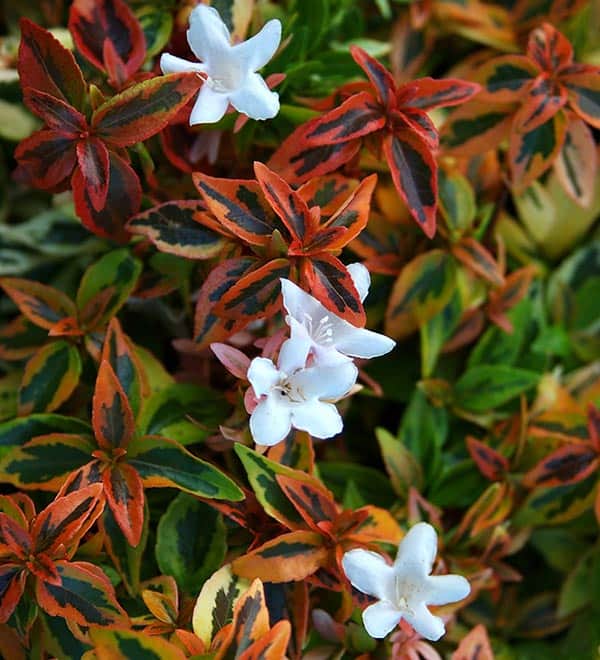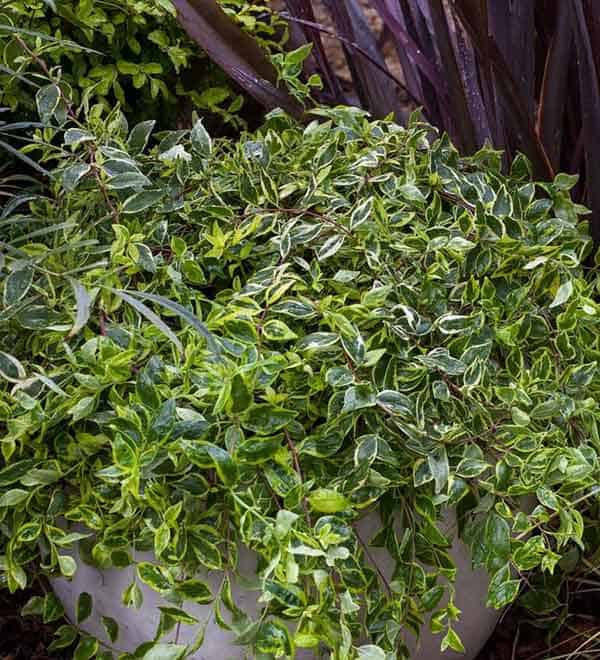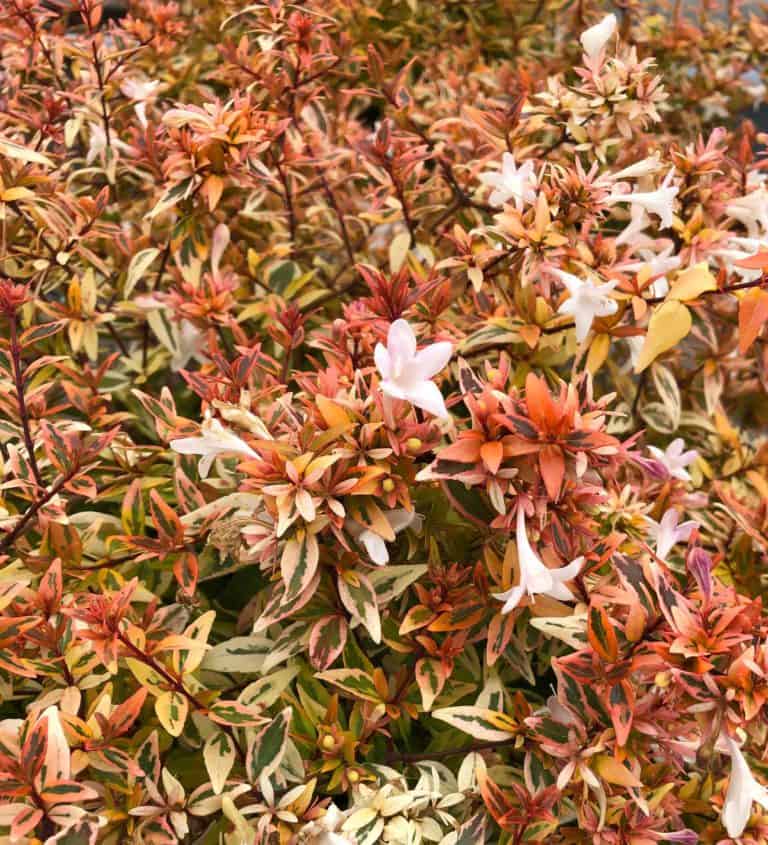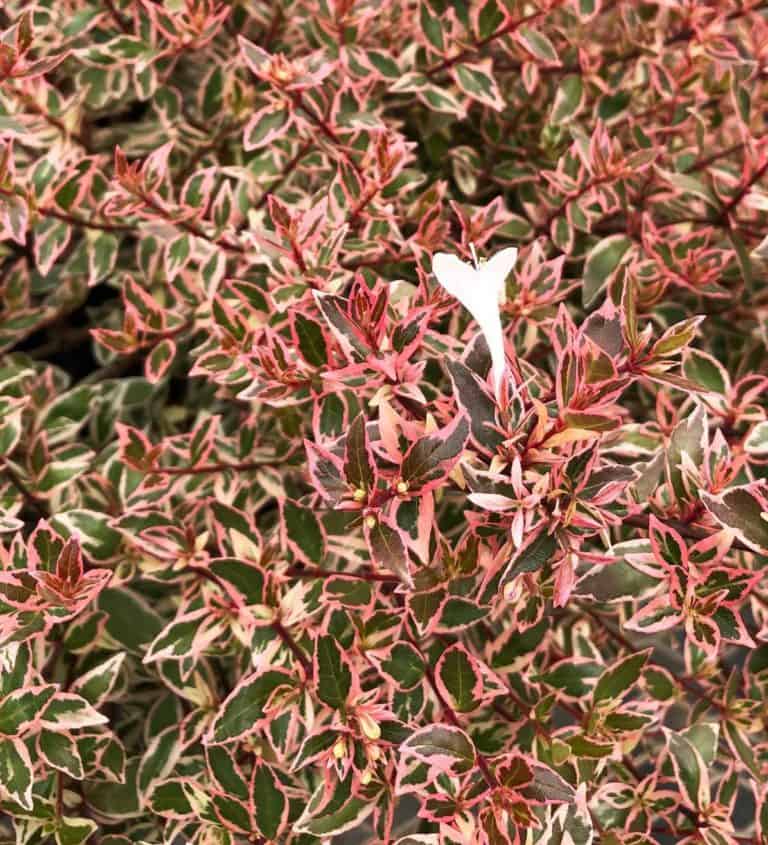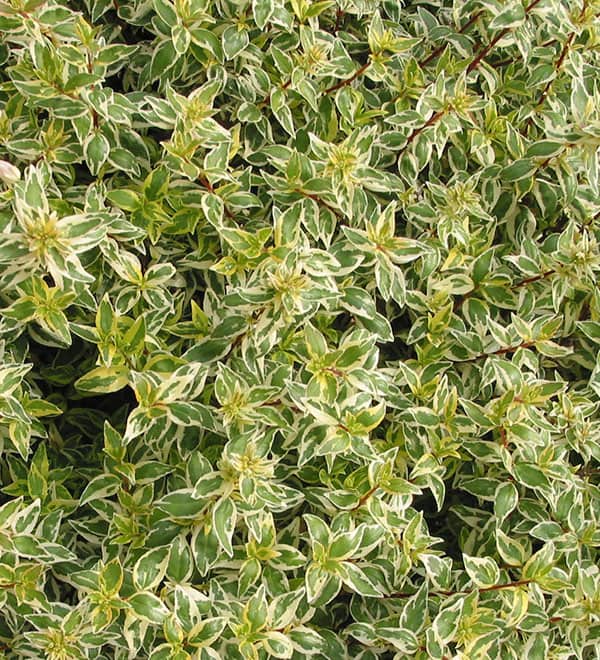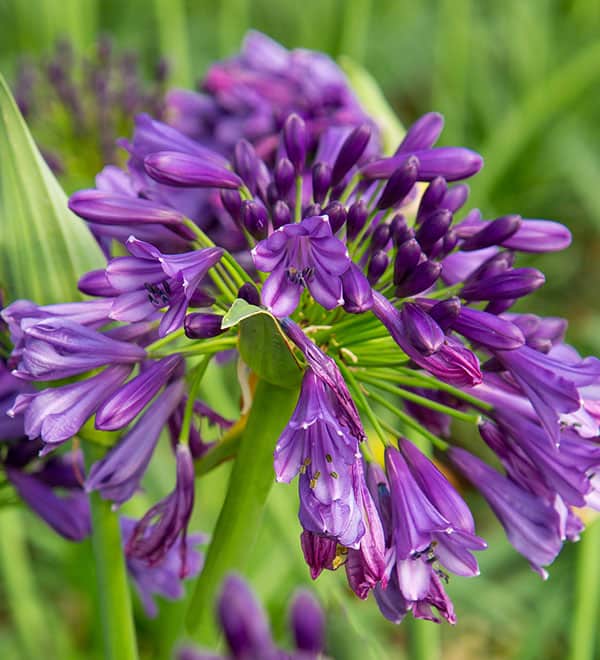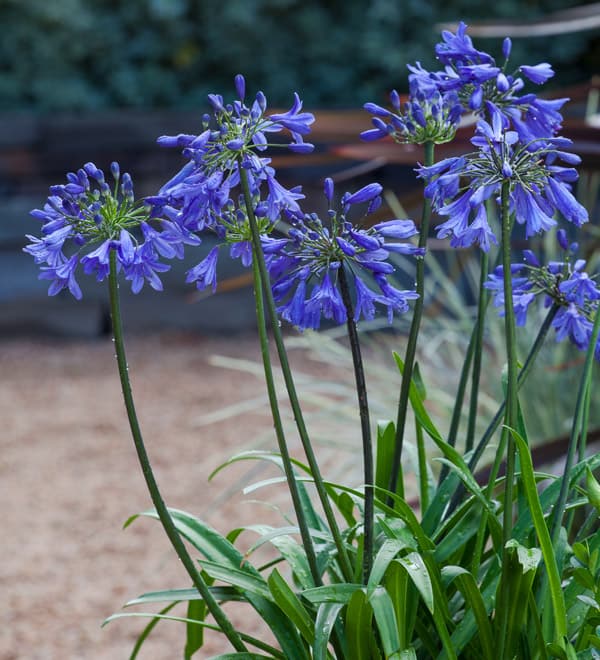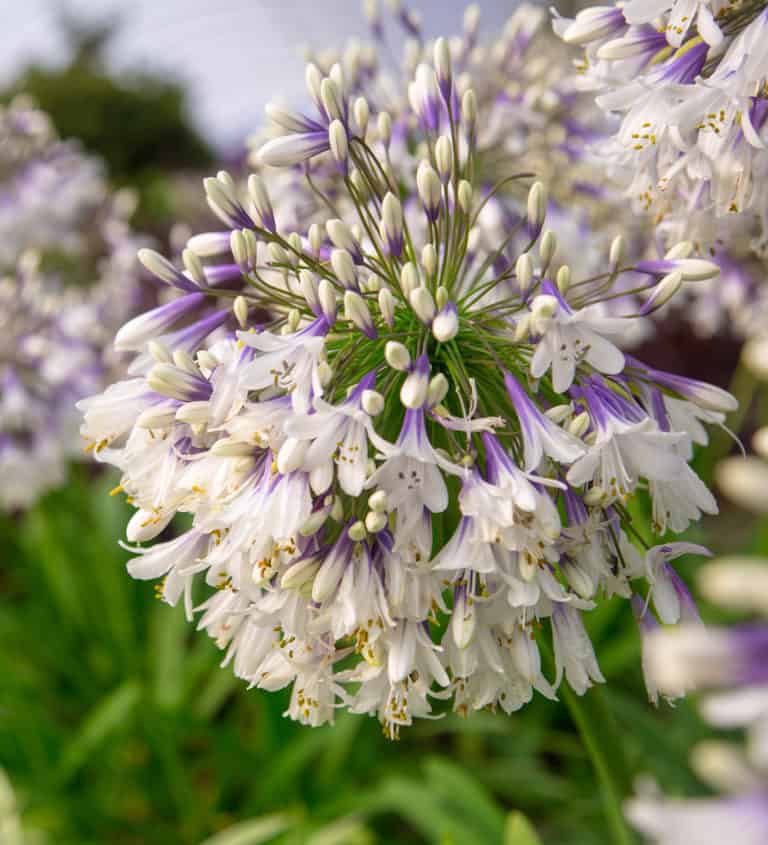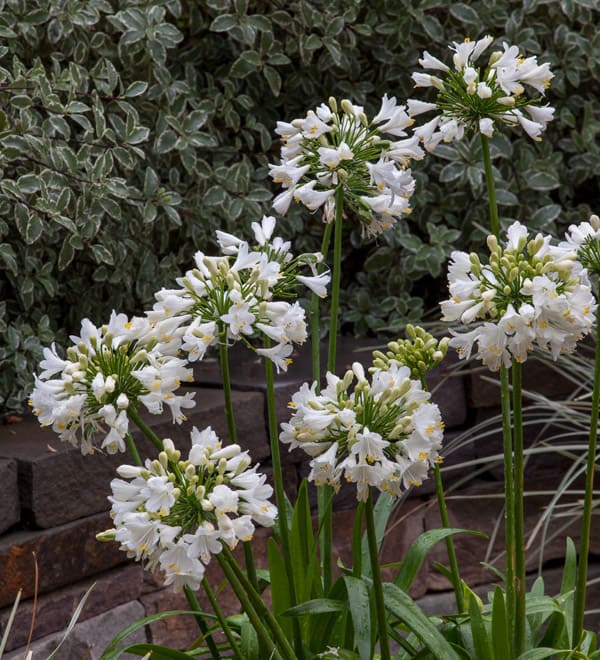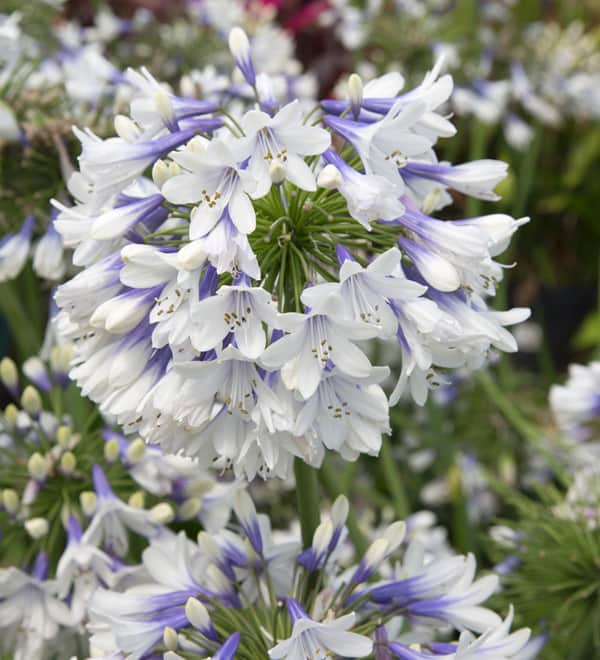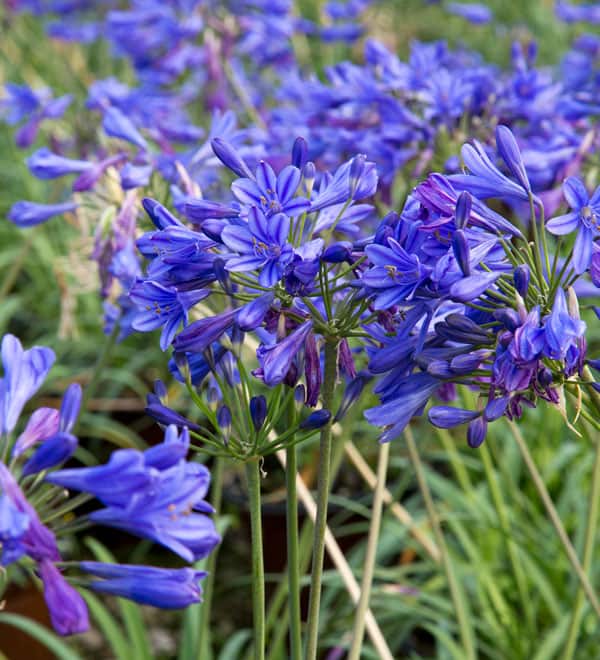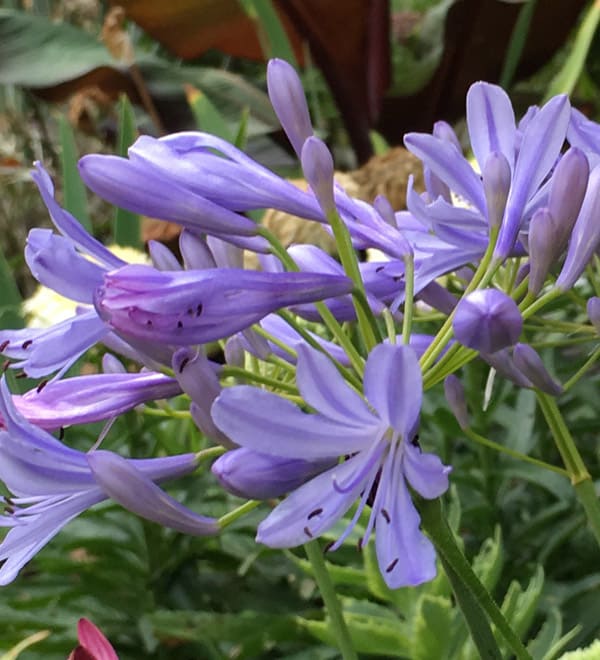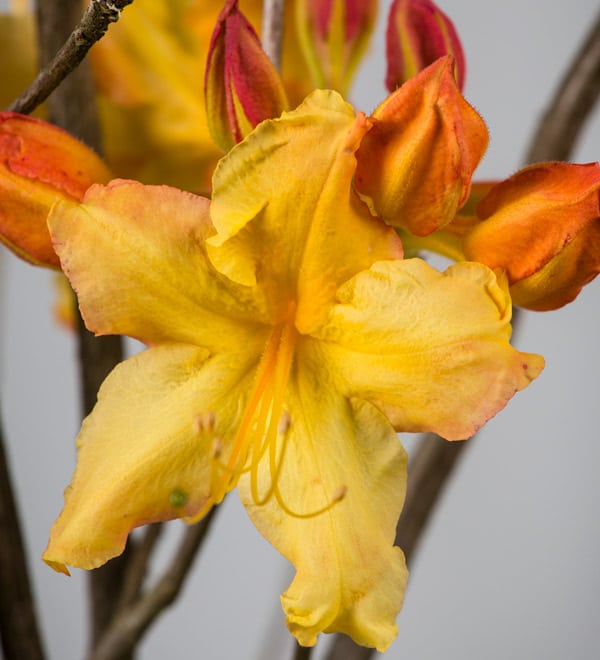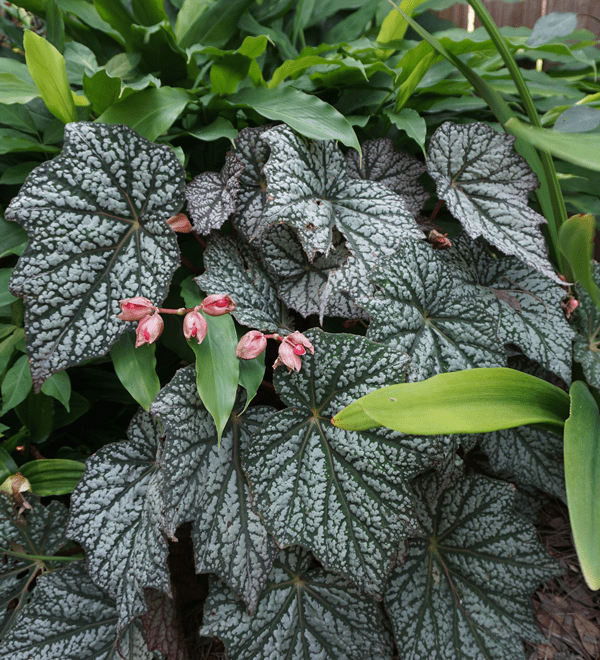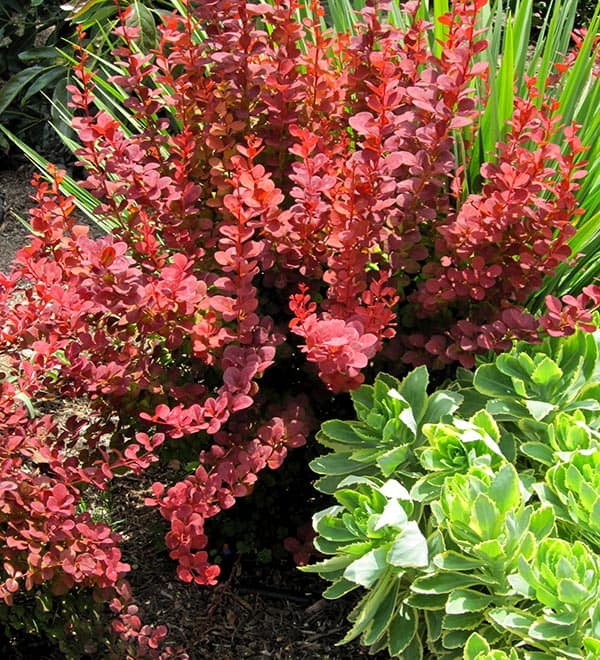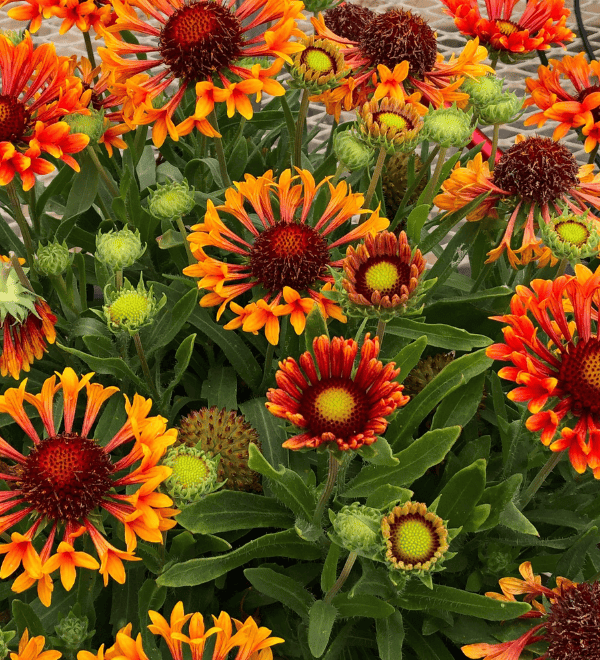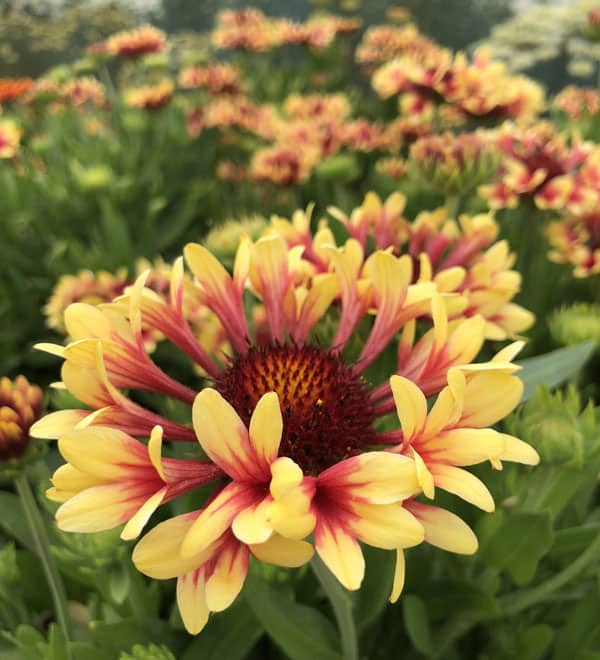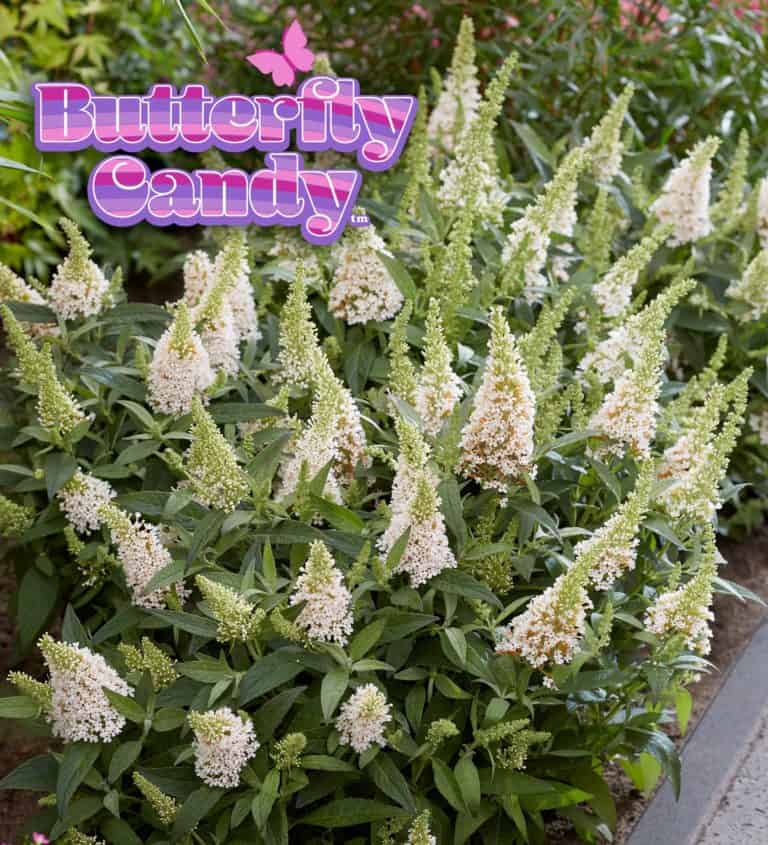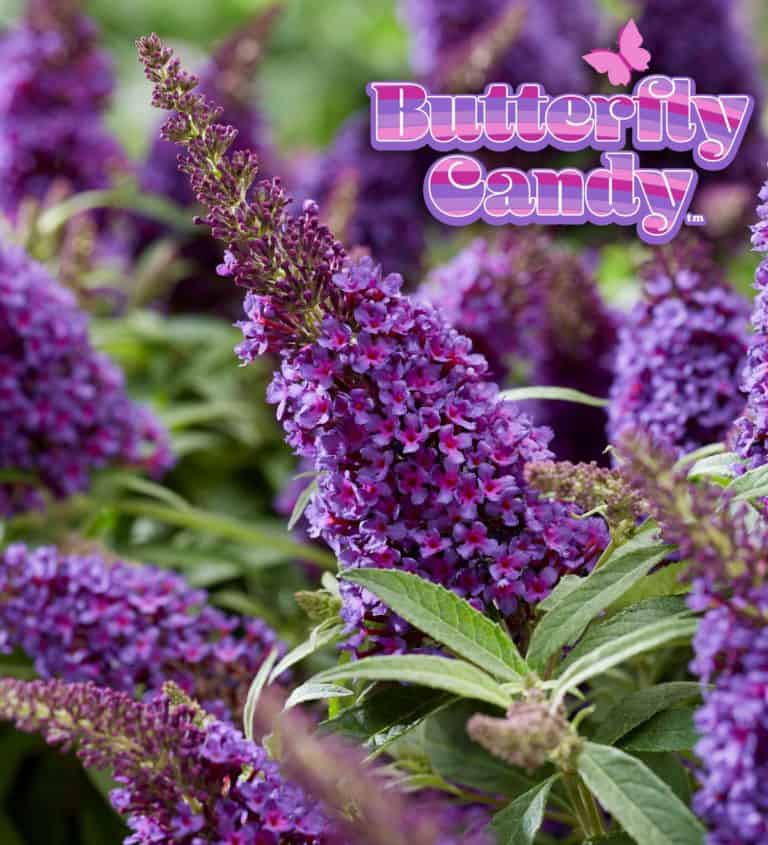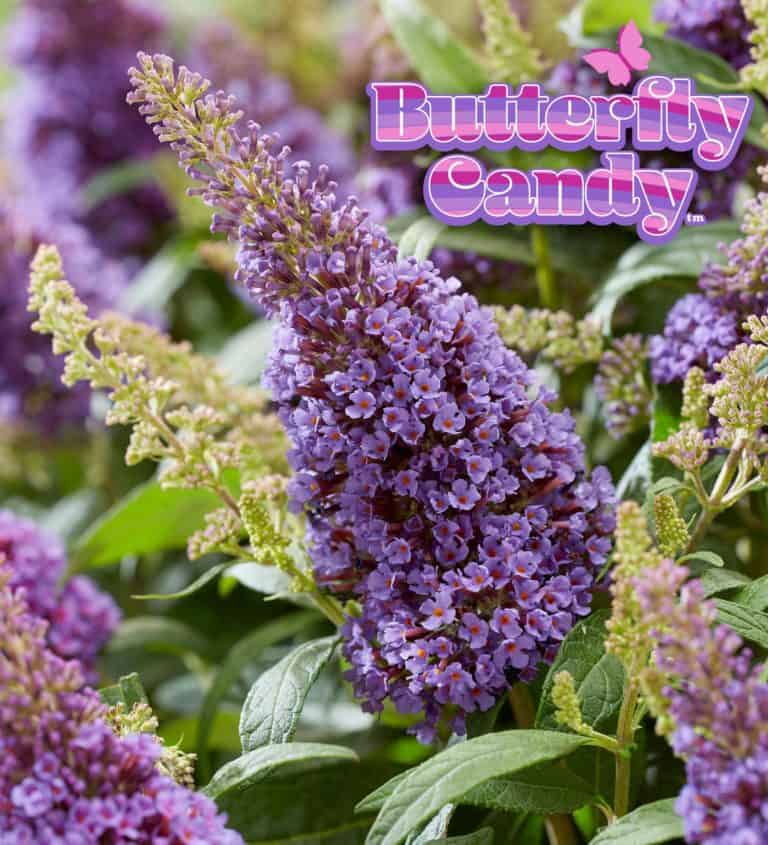Warmer summers and cooler winters distinguish Zone 6 from coastal Zone 5. Tucked between the Coast Range and the Cascades, Zone 6 includes the Willamette Valley in Oregon, the Columbia River Valley between Vancouver and Longview, and the Cowlitz drainage from Longview to Toledo.
The Coast Range buffers the impact of Pacific storms, but Zone 6 is still a maritime climate,with a long growing season (from 155 days at Cottage Grove to 280 days in Portland neighborhoods) and 40 to 55 inches of annual precipitation most places. The continental influence is felt two to four times each winter when chilly interior air flows west through the Columbia Gorge and produces wind and freezing rain clear to the Portland airport. In spite of this, Portland is among the mildest parts of Zone 6—a great place to experiment with borderline plants like eucalyptus, acacias, and oleanders. Summer temperatures in Zone 6 average 10 to 15°F (5 to 8°C) higher than those along the coast, while winters are cold enough to trigger good fruit set. Ten-year extremes average 0 to 10°F (–18 to –12°C). Warm summers and chilly winters make the Willamette Valley one of the West’s best-known growing areas for berries, hazelnuts, roses, flowering fruit trees, and broadleafed evergreens.
The Willamette Valley’s hills and small mountain ranges create many microclimates. South- and west-facing slopes are warm enough to produce world-class Pinot Noir grapes, while northand east-facing slopes are perfect for shade tolerant plants like rhododendrons, fatsias, and camellias. These hills have perfect air drainage, so winters get less frost than the valley floor.

